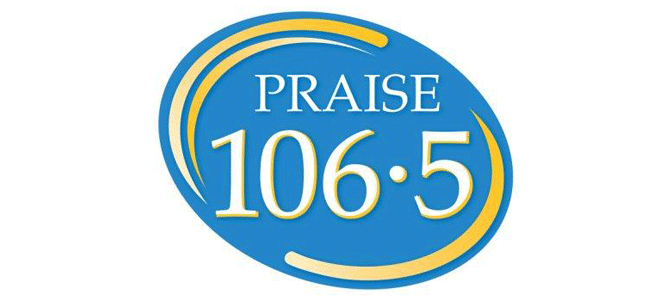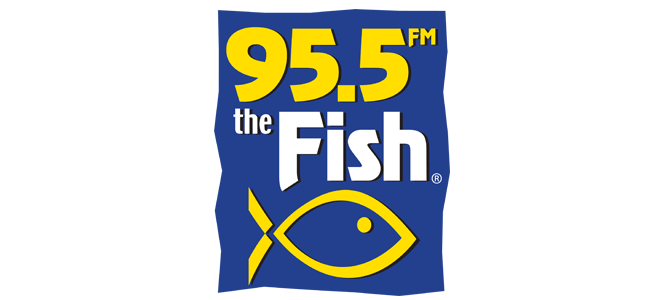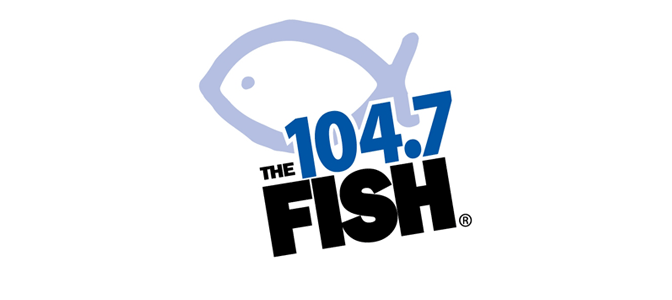A couple of weeks ago I began a conversation I entitled “It’s Better Than Just Being Good.”
I shared…
Over the years I’ve learned that there are basically three different levels of discussions about programming.
There are conversations about being competent, and conversations about incremental improvements.
But those two topics are not necessarily transformative.
I recently eavesdropped on some focus groups for a radio station that is viewed as elite in our format. You would know of them. The listeners didn’t talk about the station the way we do – the nuts and bolts, the songs and deejays, liners and promotions. No, they talked about how the station fits into their life.
“It’s like being in the same room with my friends.”
“I can talk to my kids about this.”
“I’m in a better mood when I get home.”
In other words, the value of listening to a station is viewed on how it relates and transforms their lives. Better mood. An escape from the negative. How it connects with the conversations I have with those I love.
Continue reading






















